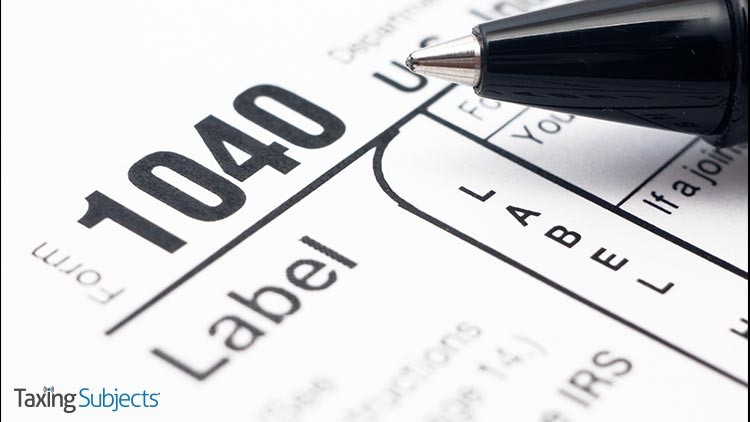
No matter what strategy taxpayers use to get their income taxes filed, gathering critical documents now can help make this tax season headache-free.
No matter whether taxpayers do their own taxes or employ the services of a tax professional, rounding up necessary records such as W-2s, 1099s, receipts, canceled checks and other documents can mean the difference in supporting claims of income, deductions or credits – or not.
The Internal Revenue Service says taxpayers should gather all their year-end income documents now so they can file a complete and accurate 2020 tax return and avoid a delay in receiving any refund.
Most taxpayers will get some sort of income documents near the end of January. These can include:
- Forms W-2, Wage and Tax Statement
- Form 1099-MISC, Miscellaneous Income
- Form 1099-INT, Interest Income
- Form 1099-NEC, Non-Employee Compensation
- Form 1099-G, Certain Government Payments; like unemployment compensation or state tax refund
- Form 1095-A, Health Insurance Marketplace Statements
Need More Information? Go Online
Taxpayers can access the latest information available about their federal tax account and most recent tax returns by using a secure and convenient tool on the IRS website. It’s the most direct way to get information from last year’s returns.
The IRS says in the coming weeks, individuals with an account on IRS.gov/account will be able to view the amounts of the Economic Impact Payments they received as well as the latest information available about their federal tax account.
Eligible individuals who did not receive the full amounts of both Economic Impact Payments can claim the Recovery Rebate Credit on their 2020 federal tax return. But in order to claim the full amount of the Recovery Rebate Credit, taxpayers will need to know the amount of the Economic Impact Payments they actually received.
For more information visit Secure Access: How to Register for Certain Online Self-Help Tools and learn how to create an account or how to reset the username or password.
Reminder: Unemployment Compensation is Taxable
Millions of Americans got unemployment compensation in 2020 – many of them for the first time. But it’s not free money. Such compensation is indeed taxable and must be included as gross income on their tax returns.
Taxpayers who got unemployment compensation during 2020 should receive a Form 1099-G showing their unemployment income. Taxpayers can elect to have federal taxes withheld from their unemployment benefits or to make estimated tax payments, but many do not make that choice.
In that case, taxes on their benefits will be paid when the 2020 tax return is filed. Therefore, taxpayers who did not have tax withheld from their payments could see a smaller refund than expected or even have a tax bill due.
Those who get a Form 1099-G for unemployment compensation they didn’t receive should contact their state tax agency and ask for a corrected Form 1099-G. The IRS says states shouldn’t issue Forms 1099-Gs to taxpayers they know to be identity theft victims involving unemployment compensation.
Victims of identity theft involving unemployment compensation should not file an identity theft affidavit with the IRS.
More information on taxable unemployment compensation can be found in Tax Topic 418, Unemployment Compensation, or in Publication 525, Taxable and Nontaxable Income, on IRS.gov.
Some Can Use 2019 Income for EiTC
Taxpayers who had income under $56,844 in 2020 may be eligible to claim the Earned Income Tax Credit. The IRS EITC Assistant can help determine who is eligible for the credit.
The EITC can be worth as much as $6,660 for a family with children or up to $538 for taxpayers without a qualifying child.
This tax season there’s a new rule that can help people affected by a job loss or a change in income in 2020. Under the COVID-related Tax Relief Act of 2020, taxpayers can elect to use their 2019 earned income to figure the credit if their 2019 earned income is more than their 2020 earned income.
The same is true for the Additional Child Tax Credit. For details, see the instructions for Form 1040 or Publication 596, Earned Income Credit.
Get Help Online
IRS tax help is available 24 hours a day, seven days a week on the official IRS website, IRS.gov. That’s where people can find answers to their tax questions and resolve tax issues online from the safety of their homes. The Let Us Help You page can help to answer most tax questions while the IRS Services Guide links to other important IRS services.
